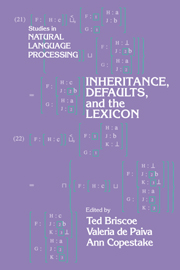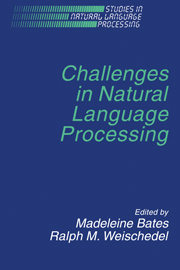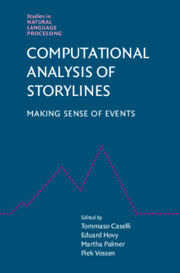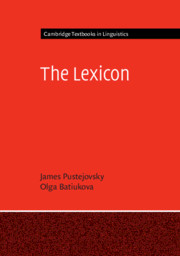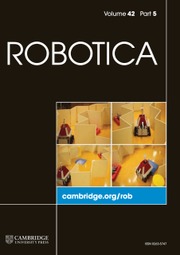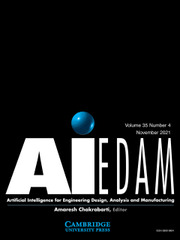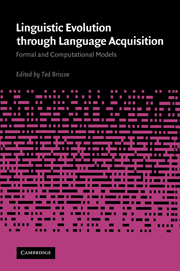Inheritance, Defaults and the Lexicon
Inheritance has been used in AI knowledge representation for many years. Until recently, however, it had not been much exploited in linguistic representation. This collection describes how the lexicon may be structured using inheritance. The papers are mostly formal in orientation, mainly concentrating on unification-based systems (which nowadays form the basis for most theoretically motivated work on NLP, and for current linguistic theories such as HPSG) and discuss syntax and morphology as well as lexical semantics. The formalization of default inheritance, in particular, is discussed in detail, and linked with the AI literature.
- Series includes Rosner and Johnson's Computational Linguistics and Formal Semantics (1992) and Palmer's Semantic Processing for Finite Domains (1990) amongst others
Reviews & endorsements
'A very valuable description … should be available in all centres of artificial intelligence.' Artificial Intelligence Review
Product details
April 2011Adobe eBook Reader
9780511881565
0 pages
0kg
100 b/w illus. 9 tables
This ISBN is for an eBook version which is distributed on our behalf by a third party.
Table of Contents
- Contributors
- 1. Introduction Ted Briscoe
- 2. Skeptical and credulous default unification with applications to templates and inheritance Bob Carpenter
- 3. Prioritised multiple inheritance in DATR Roger Evans, Gerald Gazdar and Lionel Moser
- 4. Some reflections on the conversion of the TIC lexicon into DATR Lynne J. Cahill
- 5. Norms or inference tickets? a frontal collision between intuitions Michael Morreau
- 6. Issues in the design of a language for representing linguistic information based on inheritance and feature structures Rémi Zajac
- 7. Feature-based inheritance networks for computational lexicons Hans-Ulrich Krieger and John Nerbonne
- 8. A practical approach to multiple default inheritance for unification-based lexicons Graham Russell, Afzal Ballim, John Carroll and Susan Warwick-Armstrong
- 9. The ACQUILEX LKB: an introduction Ann Copestake, Antonio Sanfilippo, Ted Briscoe and Valeria de Paiva
- 10. Types and constraints in the LKB Valeria de Paiva
- 11. LKB encoding of lexical knowledge Antonio Sanfilippo
- 12. Defaults in lexical representation Ann Copestake
- 13. Untangling definition structure into knowledge representation Piek Vossen and Ann Copestake
- Appendices
- References
- Indexes.

